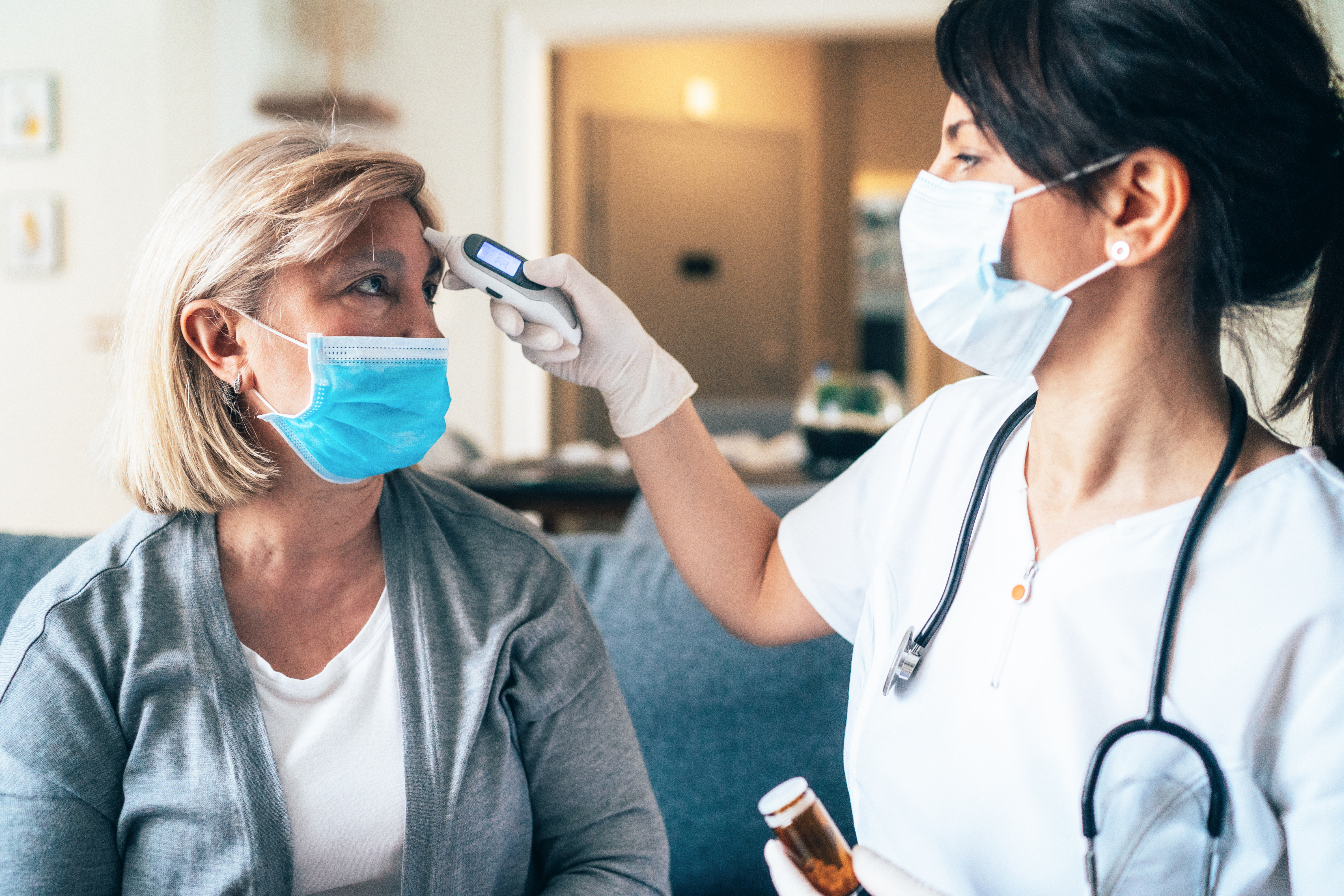
With the explosion of COVID-19, those in healthcare are at the forefront. Therefore, it behooves us to step back, clarify and re-identify our roles as healthcare professionals. Undoubtedly, delivering care is first and foremost; however, there remains an obligation to lead the way in relaying helpful and accurate public information especially as we witness it firsthand.
Every day, there is an influx of mixed messages to those we serve, and the accuracy of these messages’ waxes and wanes in the different sources. Currently, we are witnessing a phenomenon of “tribalization” of demeanors and actions; people are only listening or reading information from their own particular “tribal” leaders. This behavior is hazardous from an information perspective because what they learn is a result of the biases of those orators. Furthermore, human beings tend to respond quicker to narratives, and since we are communal by nature, we rarely feel the impact of an issue until it hits home.
Within these contexts, as healthcare professionals, we have a responsibility to share our knowledge and experiences in a manner that aids others’ education. Furthermore, we possess the ability to refrain from participating in the emotional component and remain factual in our responses. Additionally, this is a time of ambiguity, which is extremely difficult for people to grasp. In fact, our physiologic “flight or fight” response narrows our ability to discern factual information in the same manner that occurs during more stable times.
Therefore, it’s crucial to remember these typical human responses as we deal with the issues ourselves, and also with our communication with those we serve. As our industry deliberates on the optimal way to share our knowledge and experiences with others, it’s crucial to recognize how people are receiving their inputs and how they are delivered.
We all have access to social media, press coverage, the ability to share with our friends and families, and our interactions with those we serve. Let us not shy away from using those as pulpits. We need to seek opportunities to teach and inform our society as professionals closest to the situation. Let us educate in a factual manner and in a form that allows people to “hear” us, remembering to avoid our bias tendencies. In the past, we have focused our attention on shared decision-making as it relates to health issues; this current crisis is similar.
Let us utilize all tools at our disposal, including our voices, to fight this pandemic. Yes, agreement on all situations is not always possible, and that is ok. However, let us be the ones adding to the “body of factual and scientific knowledge” that is floating in the sea of shared information.
